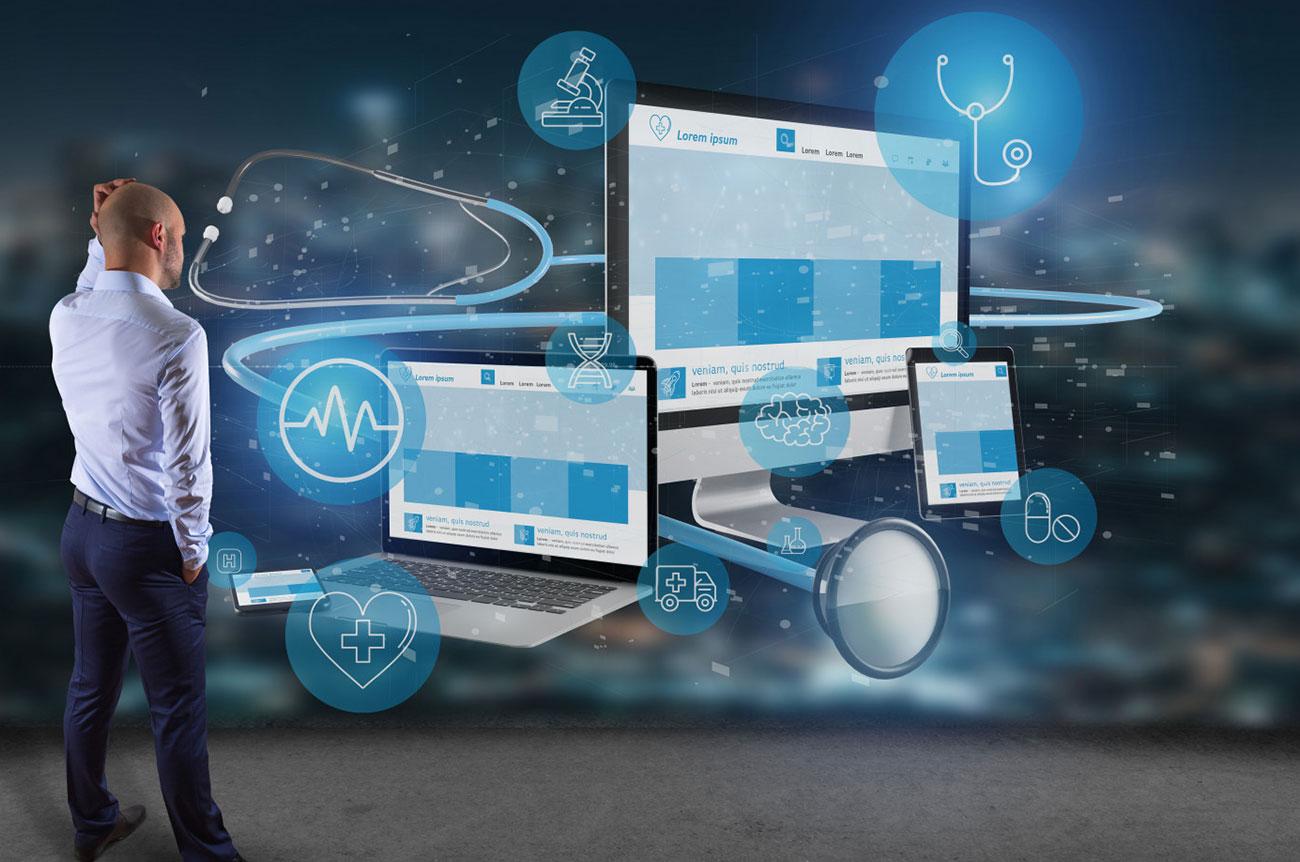
Posted On October 12, 2024
How Healthcare IT Solutions Providers Are Driving Digital Transformation
Understanding the Role of IT in Healthcare Evolution
In recent years, healthcare has undergone significant changes, largely driven by advancements in information technology. Healthcare IT solutions providers play a crucial role in this evolution, implementing systems and technologies that improve patient care, streamline operations, and enhance data management. By integrating IT solutions, healthcare providers can offer more efficient, patient-centered services and adapt to the fast-paced developments in the sector.
Key Benefits of Digital Transformation in Healthcare
Digital transformation in healthcare brings several key benefits. It enhances the quality of care by enabling better data sharing and collaboration among healthcare professionals. Patients also experience improved access to their health records and care services through digital platforms. Additionally, these solutions contribute to cost savings by reducing administrative burdens and minimizing errors, which ultimately leads to more efficient operations and better resource management.
Innovative Technologies Enhancing Patient Care
Several innovative technologies are transforming patient care. Electronic Health Records (EHR) systems allow for comprehensive and easily accessible patient information, improving accuracy and continuity of care. Telemedicine platforms enable remote consultations, making healthcare more accessible, especially in underserved areas. Furthermore, wearable devices and health apps monitor patient health in real-time, providing valuable data for proactive management and personalized care.
The Impact of Electronic Health Records (EHR)
Electronic Health Records (EHR) have revolutionised the way patient information is managed. EHR systems replace traditional paper records with digital files, which are accessible from various locations and devices. This transition has improved the accuracy of patient data, facilitated better coordination among healthcare providers, and streamlined administrative processes. As a result, EHR systems contribute to enhanced patient safety and more efficient healthcare delivery.
How Telemedicine is Revolutionizing Access to Healthcare
Telemedicine has become a cornerstone of digital transformation in healthcare. By allowing patients to consult with healthcare providers remotely, telemedicine breaks down barriers related to location and accessibility. This technology is particularly beneficial for individuals in rural or underserved areas, where access to specialized care may be limited. Telemedicine also supports ongoing management of chronic conditions and offers a convenient alternative for routine consultations, thus improving overall healthcare accessibility.
The Significance of Data Security and Compliance
In the realm of healthcare, safeguarding patient information is paramount. IT solutions providers ensure robust data security measures and compliance with regulations like HIPAA. By implementing advanced encryption technologies and secure access controls, they protect sensitive data from unauthorized access and breaches. This focus on security not only builds trust but also ensures that healthcare organisations meet legal and ethical standards.
Streamlining Operations with Healthcare IT Solutions
Healthcare IT solutions streamline administrative and clinical workflows, reducing manual errors and increasing efficiency. Automation tools, such as electronic health records (EHR) and practice management systems, enable faster data entry, easier retrieval of patient information, and more efficient scheduling. This leads to smoother operations, reduced overhead costs, and improved patient satisfaction.

AI and Machine Learning in Predictive Healthcare
Artificial Intelligence (AI) and Machine Learning (ML) are transforming predictive healthcare. These technologies analyze vast amounts of data to identify patterns and predict potential health issues before they arise. For instance, AI algorithms can help in early diagnosis of diseases by analyzing patient data and medical imaging. This proactive approach enhances treatment outcomes and optimizes resource allocation.
Integrating Healthcare Systems for Improved Efficiency
Integration of various healthcare systems is crucial for seamless data flow and operational efficiency. IT solutions providers work to integrate disparate systems, such as EHRs, laboratory information systems, and billing systems, into a unified platform. This integration facilitates better coordination among healthcare providers, improves data accuracy, and enhances overall patient care.
Challenges in Implementing Healthcare IT Solutions
Despite the benefits, implementing healthcare IT solutions comes with challenges. These include the high cost of technology, the complexity of system integration, and resistance to change among staff. Providers must address these issues through comprehensive planning, adequate training, and ongoing support to ensure successful implementation and adoption.
Conclusion
Healthcare IT solutions providers are essential in driving digital transformation within the industry. Through advancements like Electronic Health Records (EHR) and telemedicine, they are enhancing patient care, improving operational efficiency, and expanding access to healthcare services. As technology continues to evolve, these solutions will play an even greater role in shaping the future of healthcare, making it more efficient, accessible, and patient-focused.
For more insights into how healthcare IT solutions are transforming the industry, visit smartData Inc.
